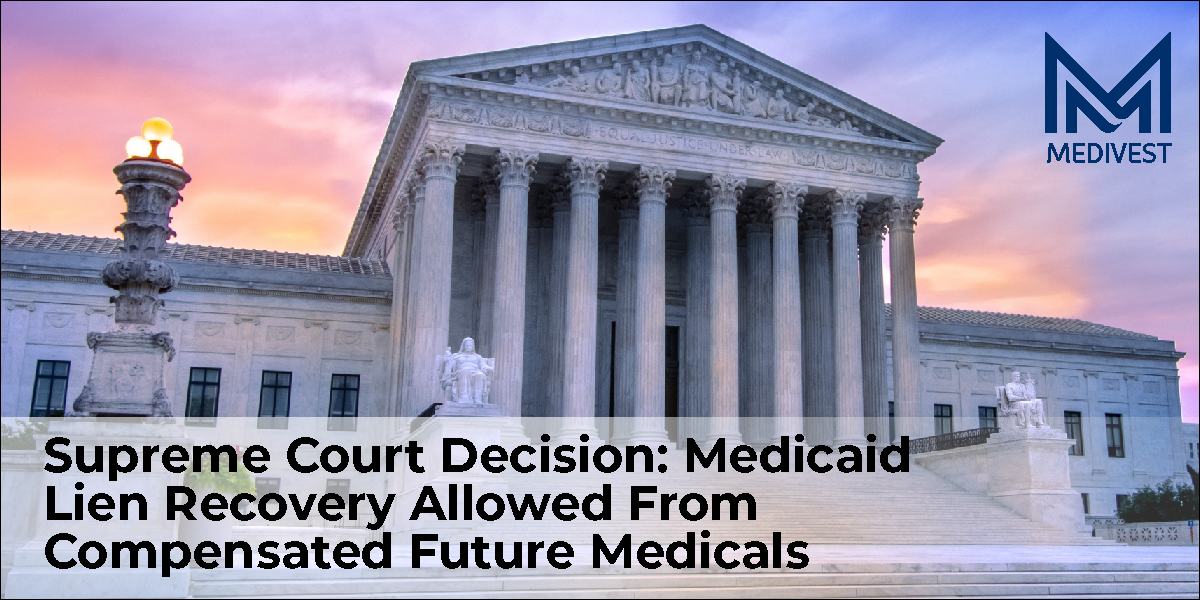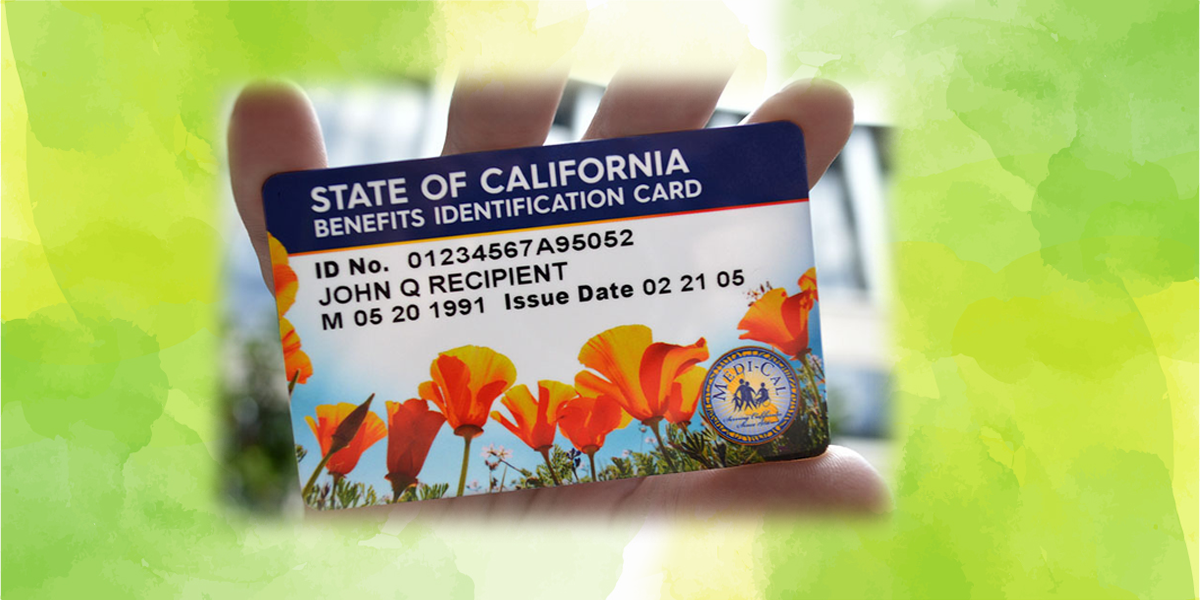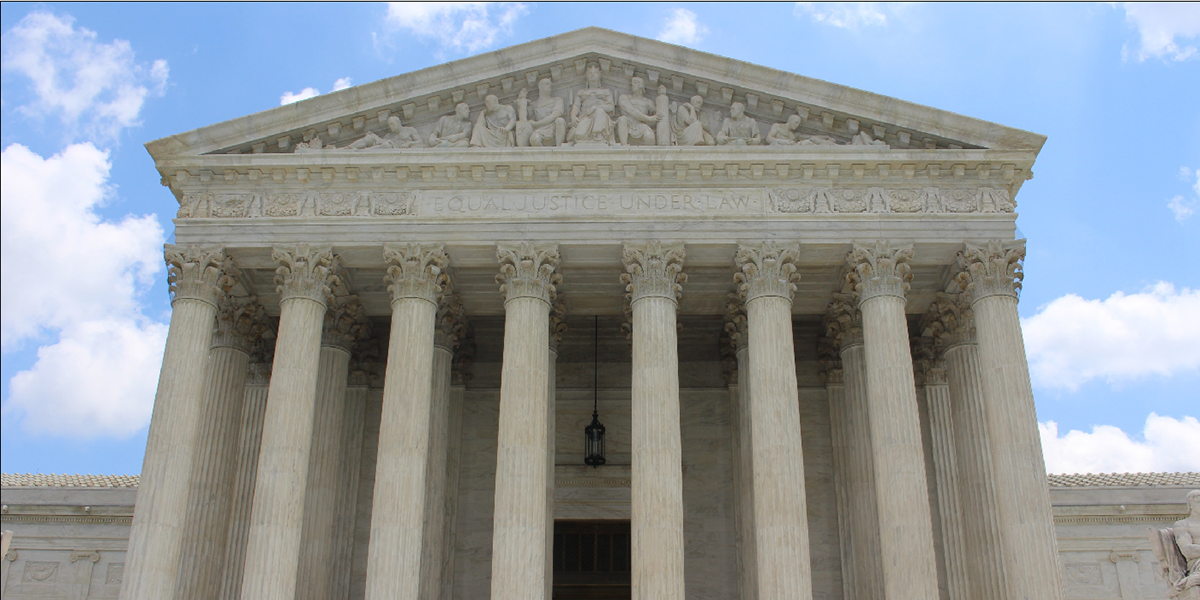Last year, Medivest wrote about the importance of protecting your client’s government benefits during the settlement process. The full blog can be read here, but to quickly summarize:
If settlement proceeds are handled incorrectly, eligibility for government benefits may be jeopardized. Depending on the eligibility criteria of the specific benefit program, different planning solutions and courses of action should be considered to help the injured party maintain their benefit eligibility.
However, attorneys need to be aware of another potential risk for their clients’ means-tested benefits. If your client is fundraising to cover the cost of their medical bills and/or services and equipment that insurance does not cover, they could potentially lose their government benefits, particularly Medicaid and Supplemental Security Income (SSI) before the settlement has even begun.
How Benefits Become Endangered
Because the settlement process is often a slow one, crowdfunding services such as GoFundMe have become an increasingly common way for injured parties to cover their medical expenses. When someone engages in fundraising and receives donations or contributions, it can increase their income and assets, potentially pushing their financial situation above the eligibility threshold for these government benefits. Here is how it can happen:
-
- Income Increase: Fundraising often involves receiving money or valuable items as donations from friends, family, or the community. This additional income can be considered when determining eligibility for means-based benefits. The increase in income may exceed the allowable limits set by the government program.
-
- Asset Accumulation: In some cases, fundraising can lead to an accumulation of assets or resources, such as savings accounts, stocks, or valuable items. These assets can also be taken into account when determining eligibility for government benefits, as they may exceed the allowed asset thresholds.
-
- Reduced Benefit Amounts: If a person’s income or assets exceed the program’s limits, they may no longer qualify for certain government benefits, or their benefit amount may be reduced. This can result in a loss of crucial financial support, including healthcare coverage, food assistance, or cash benefits.
-
- Reapplication and Reporting Requirements: Individuals receiving means-based benefits are typically required to report any changes in their financial situation promptly. Failure to report increased income or assets from fundraising can result in legal consequences, including the requirement to repay benefits received improperly.
-
- Loss of Eligibility: In some cases, if an individual’s income or assets exceed the program’s limits, they may become ineligible for benefits altogether. This can lead to financial hardship for the person and their family, as they may have been relying on these benefits to meet their basic needs.
This does not mean fundraising should be avoided by an injured party. It simply means it should be done carefully and with consultation. Setting up a special needs trust or ABLE account is a good practice, but most clients (and some attorneys) would need outside professional assistance setting one up. However, for plaintiffs in the early stages of settlement, a new charity called The Plaintiff Fund may provide an effective additional option.
The Plaintiff Fund
Beginning in January of 2024, the Plaintiff Fund will provide plaintiffs support in creating a medical fundraising campaign, with $1,000 toward their medical expenses, and a national resource network of medical service and product providers. So not only are plaintiffs able to get a partner experienced with fundraising and a start-up donation, but they also get peace of mind knowing their government benefits will remain intact.
Even after settlement is completed, some plaintiffs may learn that their medical bills and expenses exceed the future medicals portion of their settlement. The Plaintiff Fund is available for those individuals as well and is a great support tool for attorneys to offer their client after the case is completed.
The Plaintiff Fund will be invaluable to many plaintiffs. We at Medivest are proud to support it! Everyone who supports plaintiffs should get involved! For further information about the Plaintiff Fund or to make a donation to their cause, visit them at website. For additional services to stretch and protect the medical portion of your clients’ settlement, such as Professional Medicare Set-Aside Administration, contact Medivest here.












